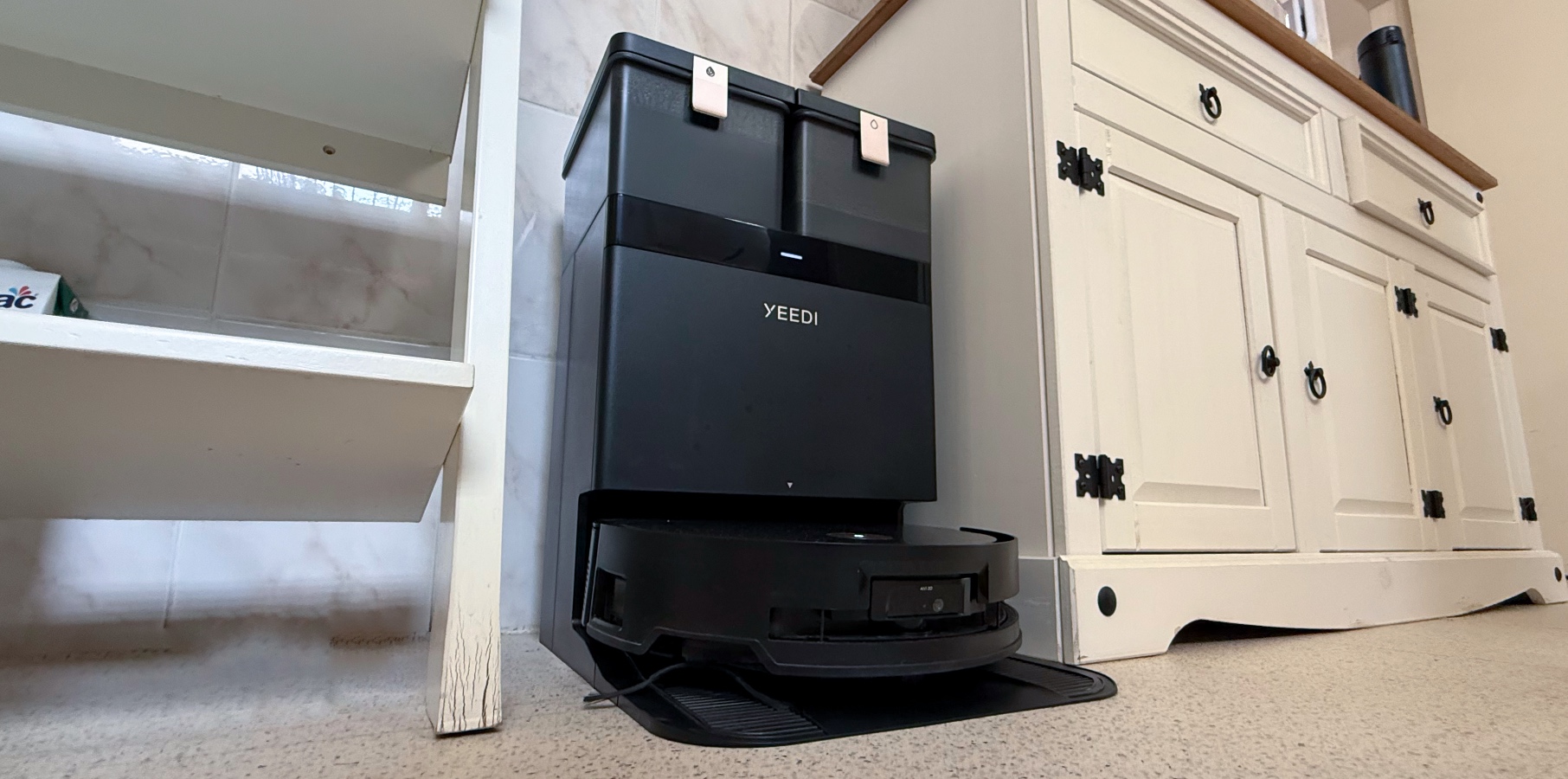Interlune wins $4.8M grant for Texas center focusing on simulated moon dirt
Seattle-based Interlune has won a grant of up to $4.84 million from the Texas Space Commission to open a center of excellence at NASA’s Johnson Space Center that would focus on simulated moon rocks and soil. The center would be part of the Texas A&M University Space Institute, which is currently under construction on the grounds of the NASA center in Houston. Construction is due to be completed by September 2026. Interlune was founded in 2020 with the aim of developing a system to harvest moon dirt, technically known as regolith, and extract resources for use on Earth. One of… Read More


Seattle-based Interlune has won a grant of up to $4.84 million from the Texas Space Commission to open a center of excellence at NASA’s Johnson Space Center that would focus on simulated moon rocks and soil.
The center would be part of the Texas A&M University Space Institute, which is currently under construction on the grounds of the NASA center in Houston. Construction is due to be completed by September 2026.
Interlune was founded in 2020 with the aim of developing a system to harvest moon dirt, technically known as regolith, and extract resources for use on Earth. One of the key targets for extraction is helium-3, an isotope that can be used for applications ranging from quantum computing to fusion power. Helium-3 is much more abundant on the lunar surface than it is on Earth.
The company’s founding team includes CEO Rob Meyerson, former president of Jeff Bezos’ Blue Origin space venture; chief technology officer Gary Lai, Blue Origin’s former chief architect; executive chairman Harrison Schmitt, who walked on the moon in 1972 as an Apollo 17 astronaut; chief operating officer Indra Hornsby, a veteran space industry executive; and head of product James Antifaev, who’s been involved in aerospace ventures including Google’s Project Loon.
Last year, Interlune said it raised $18 million in seed capital and received research grants from NASA and the U.S. Department of Energy.
The Texas Space Commission grant was awarded through a state-funded program known as the Space Exploration and Aeronautics Research Fund, or SEARF. Texas officials set aside $150 million for the SEARF Trust and other space-related programs in 2023, and so far, grants worth $95.3 million have been awarded for 14 projects.
“This is a pivotal moment in strengthening and accelerating the Texas space economy,” Gwen Griffin, chair of the commission’s board, said Wednesday in a news release. “The projects awarded funding today will each play a critical role in ensuring Texas’ place as a leader in the emerging space economy while expanding our capabilities as a nation.”
Four other grants were awarded this week, supporting projects proposed by Aegis Aerospace in Houston (up to $10 million); ICON Technology in Austin (up to $694,350); KULR Technology Group in Webster (up to $6,703,500); and Venus Aerospace Corp. in Houston (up to $3.9 million).
A spokesperson for Interlune, Jani Strand, said the company wasn’t ready to share further details about its plans for the lunar regolith simulant center of excellence in Texas. But she said that Interlune’s headquarters would remain in Seattle. “It’s not a shift, but an expansion,” Strand told GeekWire in an email.






![What’s new in Android’s April 2025 Google System Updates [U: 4/18]](https://i0.wp.com/9to5google.com/wp-content/uploads/sites/4/2025/01/google-play-services-3.jpg?resize=1200%2C628&quality=82&strip=all&ssl=1)


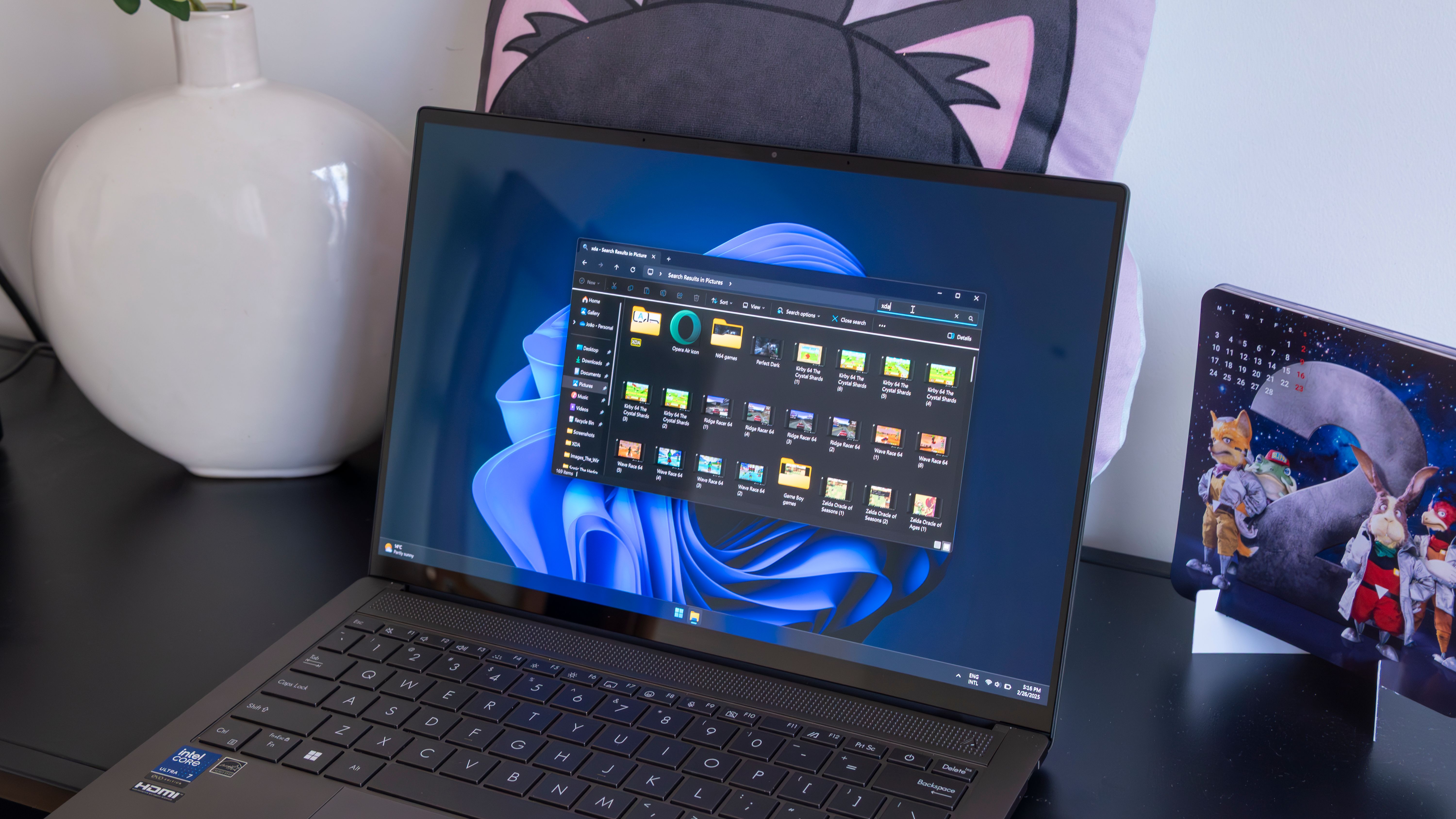

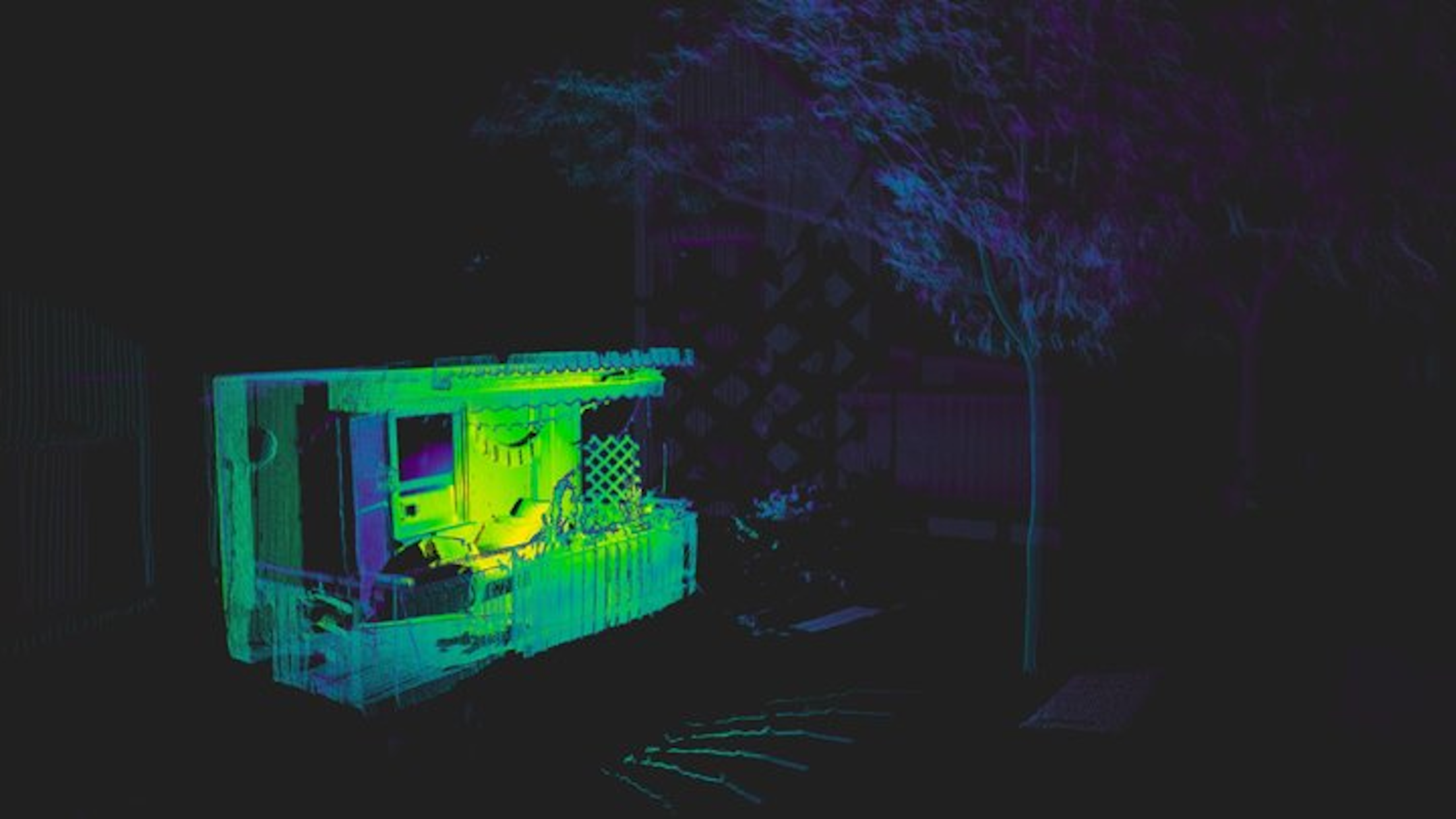


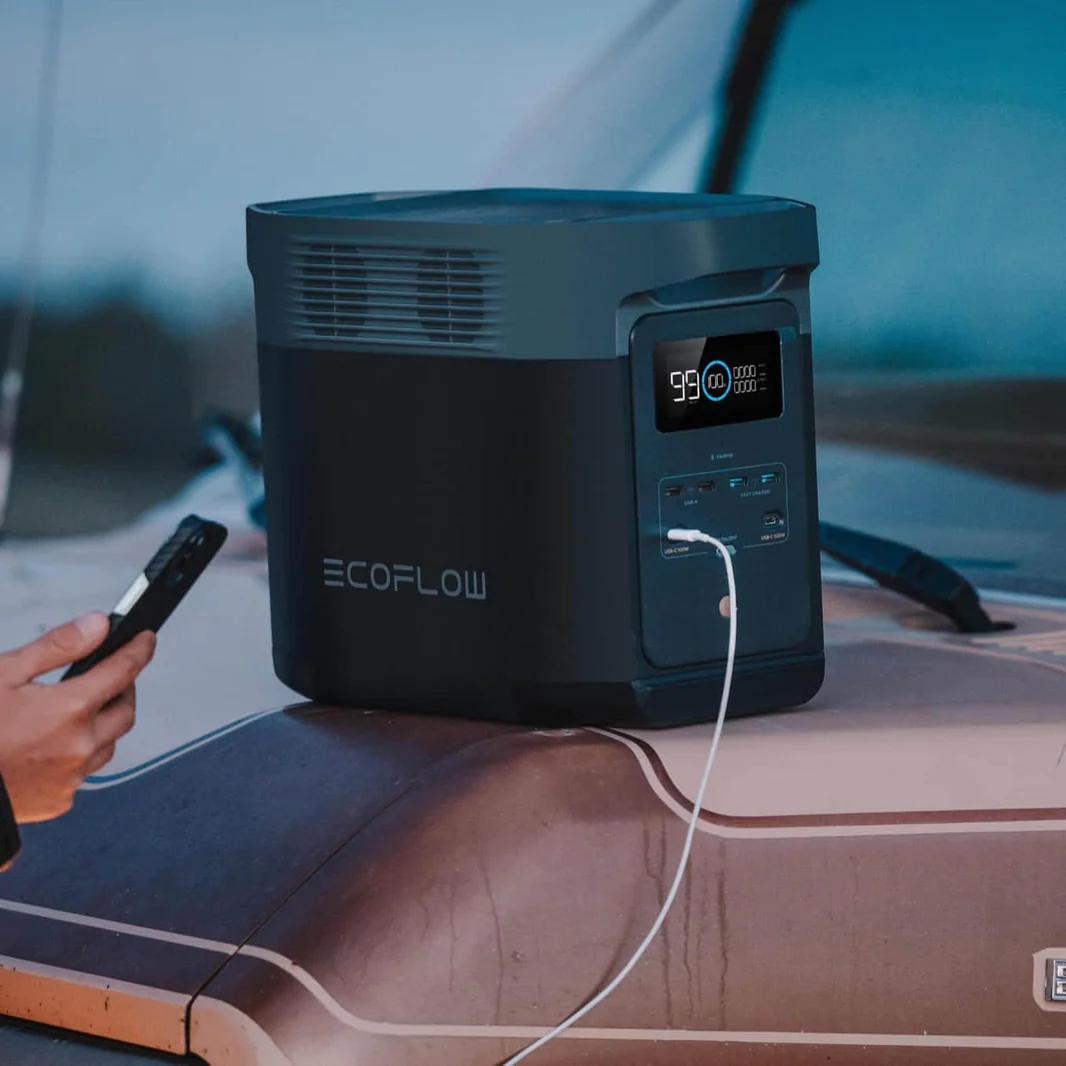













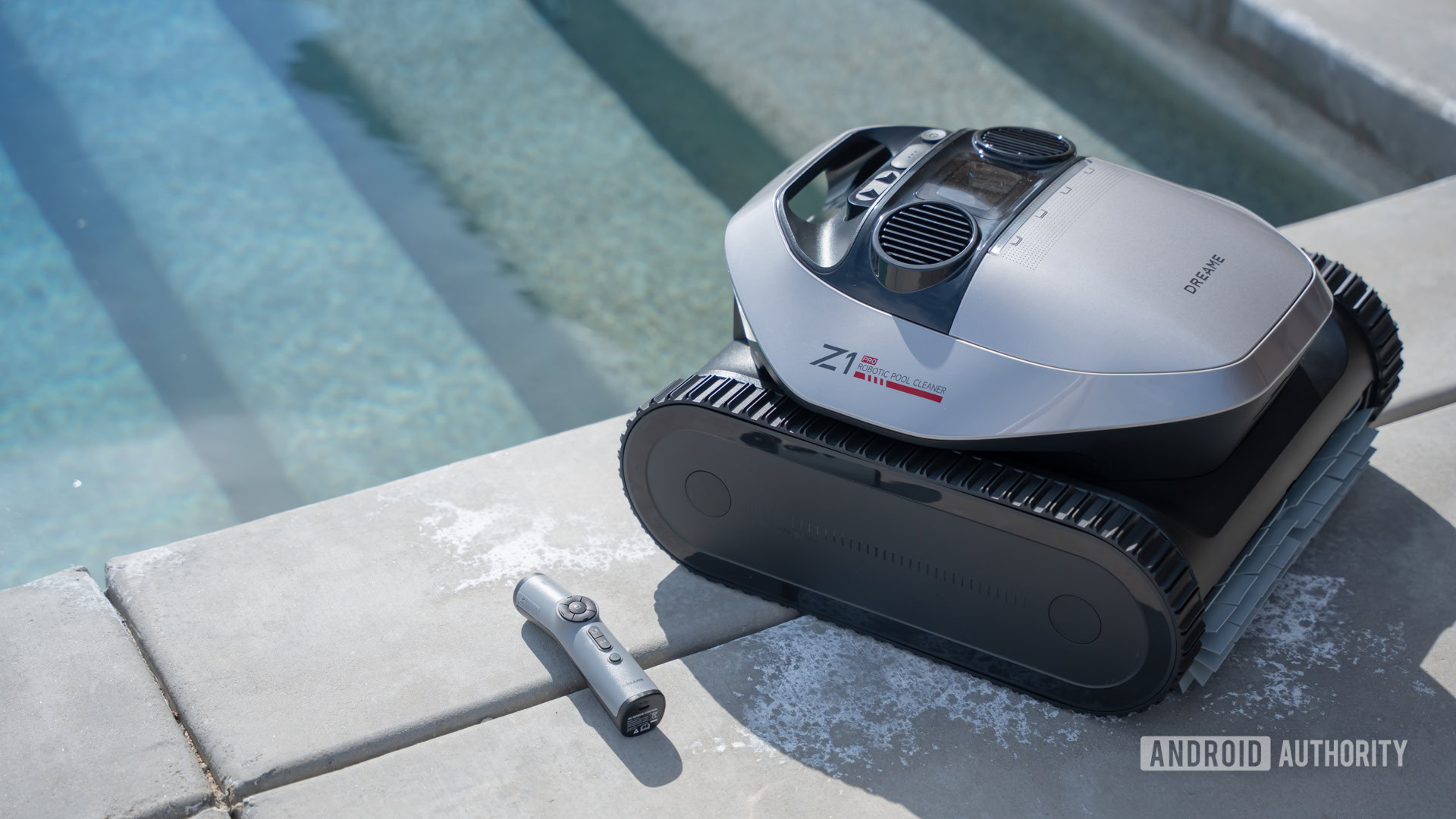


























































![[Webinar] AI Is Already Inside Your SaaS Stack — Learn How to Prevent the Next Silent Breach](https://blogger.googleusercontent.com/img/b/R29vZ2xl/AVvXsEiOWn65wd33dg2uO99NrtKbpYLfcepwOLidQDMls0HXKlA91k6HURluRA4WXgJRAZldEe1VReMQZyyYt1PgnoAn5JPpILsWlXIzmrBSs_TBoyPwO7hZrWouBg2-O3mdeoeSGY-l9_bsZB7vbpKjTSvG93zNytjxgTaMPqo9iq9Z5pGa05CJOs9uXpwHFT4/s1600/ai-cyber.jpg?#)























.jpg)




















